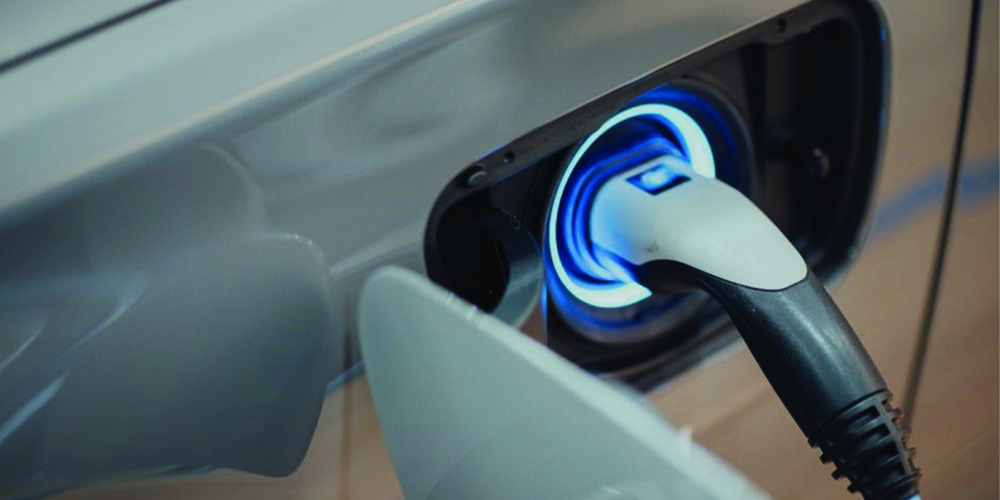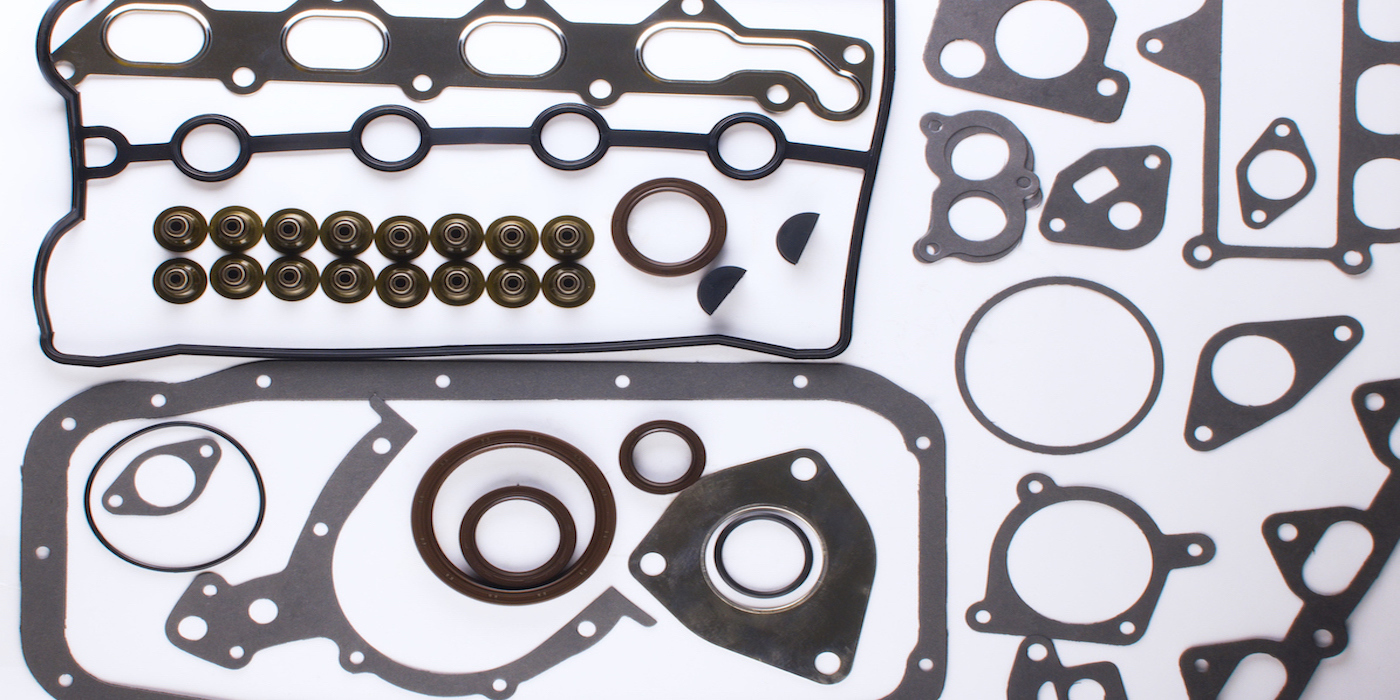
According to the National Highway Traffic Safety Administration (NHTSA), 94 percent of vehicle accidents are the fault of human error. Only 2 percent of accidents are due to vehicle component failure of degradation.
Recognizing that I (and, let’s face it, you too, because you’re reading this) am an excellent driver, that means pretty much everyone else on the road is driving like they just robbed a liquor store in a video game.
So why am I still not totally sold-out to driverless cars? After all – if we eliminate the biggest cause of accidents, there should be far fewer accidents, right?
A recent study by the online driving school DriversEd.com surveyed a range of drivers across the U.S. to find their thoughts on the subject. Results were interesting. More than two-thirds of Americans (67 percent) believe that self-driving cars will be safer than human-operated cars. Almost half (44 percent) say if a self-driving vehicle from a ride-sharing company picked them up, they would get in.
The support for “self-driving” versus “driverless” varies dramatically, however. Caution needs to take the place of convenience according to the 87 percent of respondents who say a licensed driver needs to be behind the wheel, ready to take control if needed.
It’s obvious that we’re getting more comfortable with the idea of just sitting back and leaving the driving to … it?
It’s not that surprising really – the next time you call a driver, whether it’s a limo, a taxi or from a rideshare app, think about how much you’re actually paying attention away. You normally converse with the driver for a minute, confirm your destination, then dive back into your conversation or your phone or your own thoughts – reemerging from your stupor only when you reach your destination. Does it really matter if the driver is a person or a bunch or electronic sensors and systems as long as you arrive safely?
I will admit that the systems already in place on my wife’s car that can control steering, acceleration and braking are pretty persuasive. Couple that with memory of a recent trip in a ride share with a driver who got lost and while trying to check the map in order to make good time actually sideswiped another car in an intersection and I’ll agree that that technology can be our friend.
Am I ready to admit that driverless cars will be a more attractive option than driving myself? Not a chance – I enjoy the process too much. However, it’s a different story for many other drivers I’ve seen – and ridden with. ■













